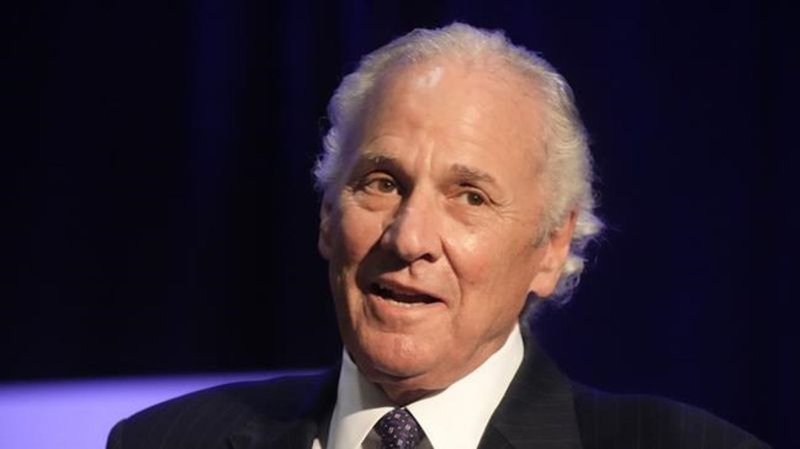
South Carolina Supreme Court strikes down state abortion ban
COLUMBIA, S.C. (AP) — The South Carolina Supreme Court struck down Thursday a ban on abortion after cardiac activity is detected — typically around six weeks — ruling the restriction violates the state constitution’s right to privacy.
The decision comes nearly two years after Republican Gov. Henry McMaster signed the measure into law. The ban, which included exceptions for pregnancies caused by rape or incest or pregnancies that endangered the patient’s life, drew lawsuits almost immediately. Since then, legal challenges have made their way through both state and federal courts.
“The State unquestionably has the authority to limit the right of privacy that protects women from state interference with her decision, but any such limitation must be reasonable and it must be meaningful in that the time frames imposed must afford a woman sufficient time to determine she is pregnant and to take reasonable steps to terminate that pregnancy. Six weeks is, quite simply, not a reasonable period of time for these two things to occur, and therefore the Act violates our state Constitution’s prohibition against unreasonable invasions of privacy,” Justice Kaye Hearn wrote in the majority opinion.
Currently, South Carolina bars most abortions at 20 weeks.


